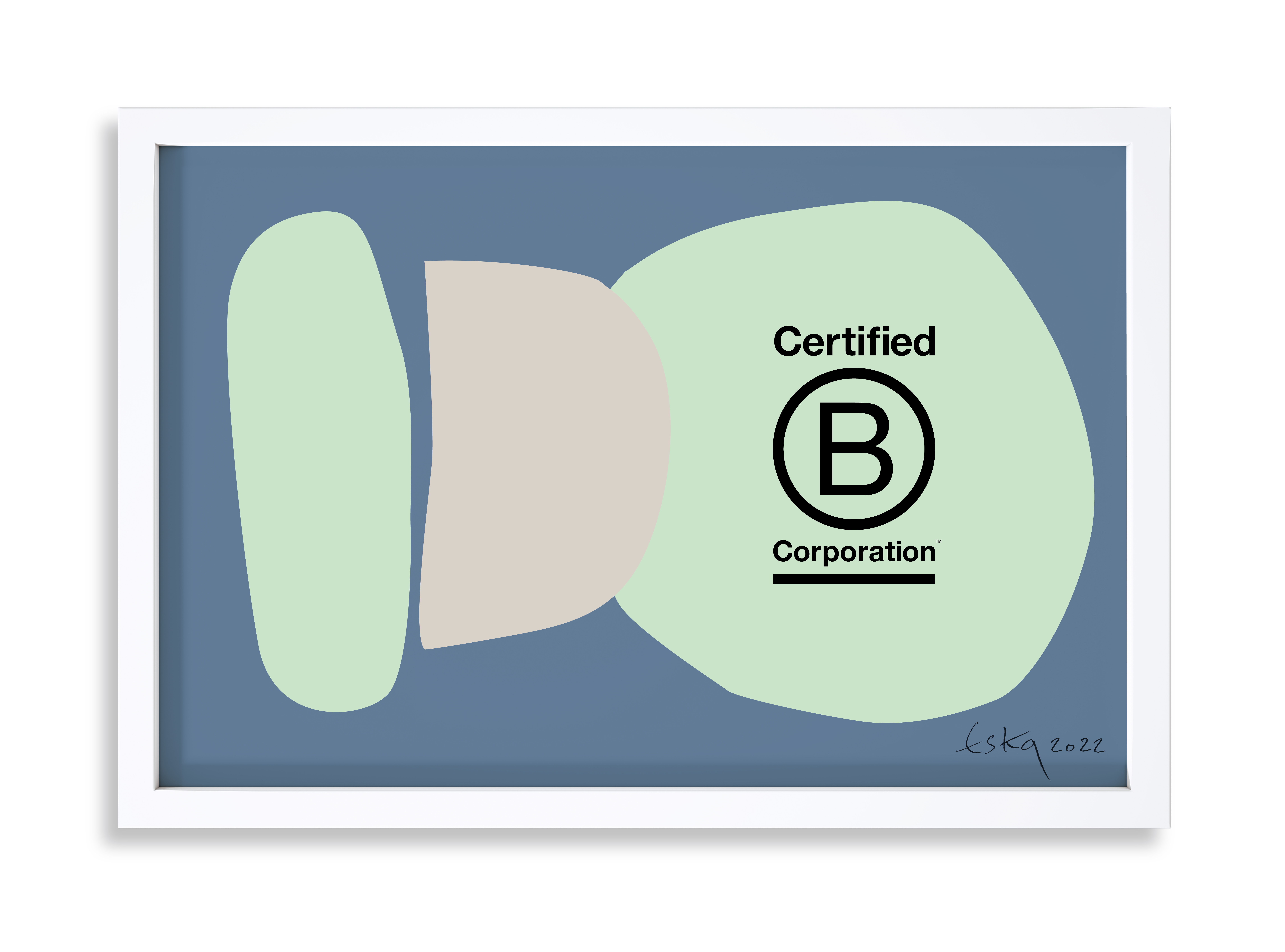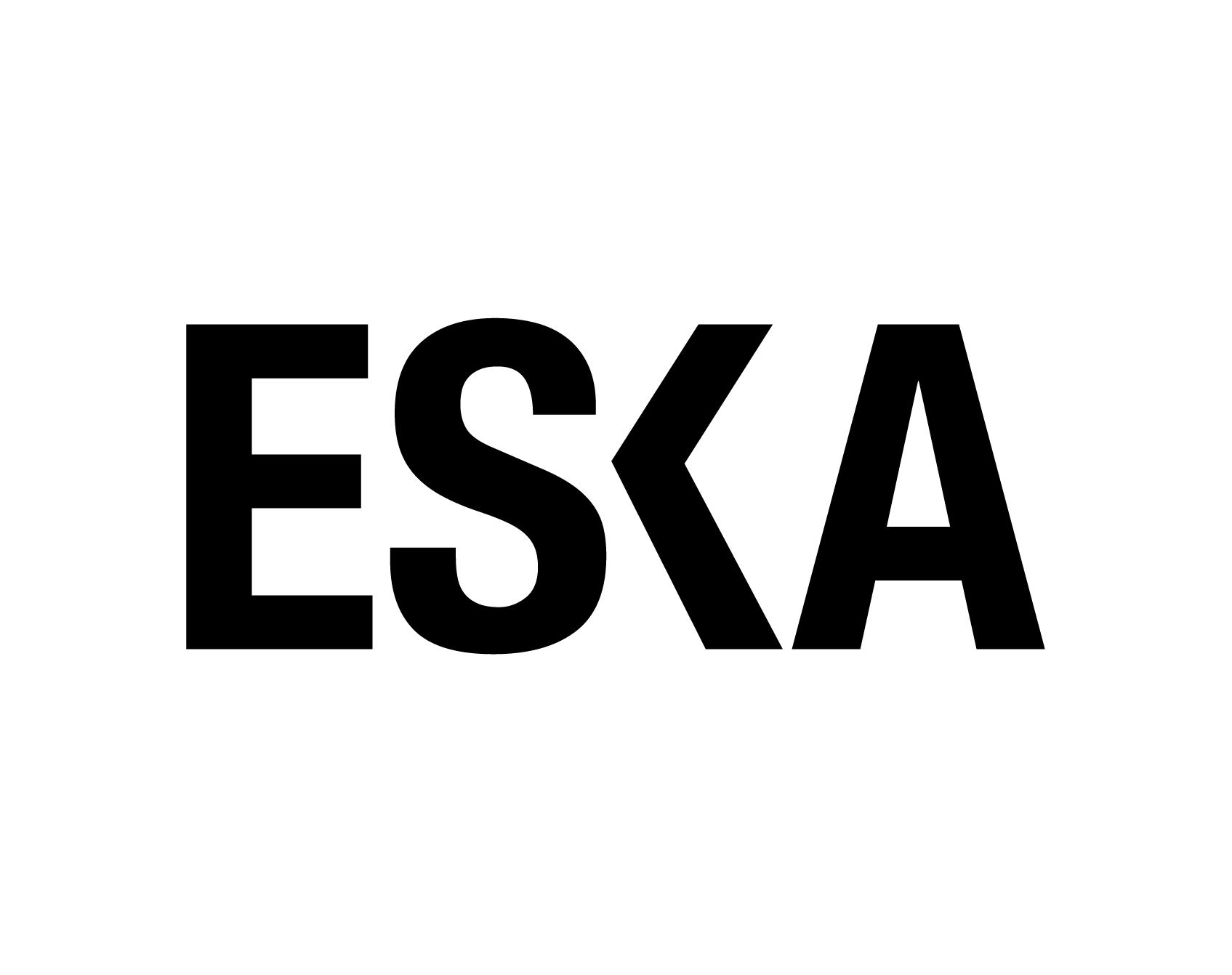



Eska B.V.

Groningen, Netherlands The
December 2021
Paper & paper products
Manufacturing
Belgium,
China,
France,
Germany,
Hong Kong S.A.R.,
Italy,
Netherlands The,
Portugal,
South Korea,
Spain,
Switzerland,
Thailand,
United Kingdom,
United States
ESKA is a brand of premium solid board dedicated to highly aesthetic, high-performance, and sustainable books, puzzles, games and luxury packaging solutions. Located in the Netherlands with international subsidiaries, we are a trusted, renowned partner for many great brands in the world. As architects of identity materials, we take a full spectrum view of the creation and development process. We approach innovators who dare to move things forward, and we partner with brands to expand the boundaries of sustainable packaging. We develop eco-friendly packaging solutions that fit your brand identity and optimize the visual impact of your products. We offer the broadest possible choice of shape, printing, and finishing options to make each project unique: offset, screen printing, hot stamping, digital, embossing, lamination, laser cutting. SUSTAINABILITY IS IN OUR DNA SINCE 1879 Rigid board is a noble, pure, and ecological material. Sustainability is a priority for ESKA as demonstrated by our "zero waste" approach. Thanks to our unique manufacturing process, ESKA solid board is produced from recycled fibres and is fully recyclable. In addition, the residues from the recycling process are then converted into energy, which powers the production process of our solid board.
Overall B Impact Score
Governance 5.7
Governance evaluates a company's overall mission, engagement around its social/environmental impact, ethics, and transparency. This section also evaluates the ability of a company to protect their mission and formally consider stakeholders in decision making through their corporate structure (e.g. benefit corporation) or corporate governing documents.
What is this? A company with an Impact Business Model is intentionally designed to create a specific positive outcome for one of its stakeholders - such as workers, community, environment, or customers.
Governance 5.7
Governance evaluates a company's overall mission, engagement around its social/environmental impact, ethics, and transparency. This section also evaluates the ability of a company to protect their mission and formally consider stakeholders in decision making through their corporate structure (e.g. benefit corporation) or corporate governing documents.
What is this? A company with an Impact Business Model is intentionally designed to create a specific positive outcome for one of its stakeholders - such as workers, community, environment, or customers.
Workers 24.6
Workers evaluates a company’s contributions to its employees’ financial security, health & safety, wellness, career development, and engagement & satisfaction. In addition, this section recognizes business models designed to benefit workers, such as companies that are at least 40% owned by non-executive employees and those that have workforce development programs to support individuals with barriers to employment.
Community 12.5
Community evaluates a company’s engagement with and impact on the communities in which it operates, hires from, and sources from. Topics include diversity, equity & inclusion, economic impact, civic engagement, charitable giving, and supply chain management. In addition, this section recognizes business models that are designed to address specific community-oriented problems, such as poverty alleviation through fair trade sourcing or distribution via microenterprises, producer cooperative models, locally focused economic development, and formal charitable giving commitments.
Environment 48.9
Environment evaluates a company’s overall environmental management practices as well as its impact on the air, climate, water, land, and biodiversity. This includes the direct impact of a company’s operations and, when applicable its supply chain and distribution channels. This section also recognizes companies with environmentally innovative production processes and those that sell products or services that have a positive environmental impact. Some examples might include products and services that create renewable energy, reduce consumption or waste, conserve land or wildlife, provide less toxic alternatives to the market, or educate people about environmental problems.
What is this? A company with an Impact Business Model is intentionally designed to create a specific positive outcome for one of its stakeholders - such as workers, community, environment, or customers.
Customers 3.6
Customers evaluates a company’s stewardship of its customers through the quality of its products and services, ethical marketing, data privacy and security, and feedback channels. In addition, this section recognizes products or services that are designed to address a particular social problem for or through its customers, such as health or educational products, arts & media products, serving underserved customers/clients, and services that improve the social impact of other businesses or organizations.